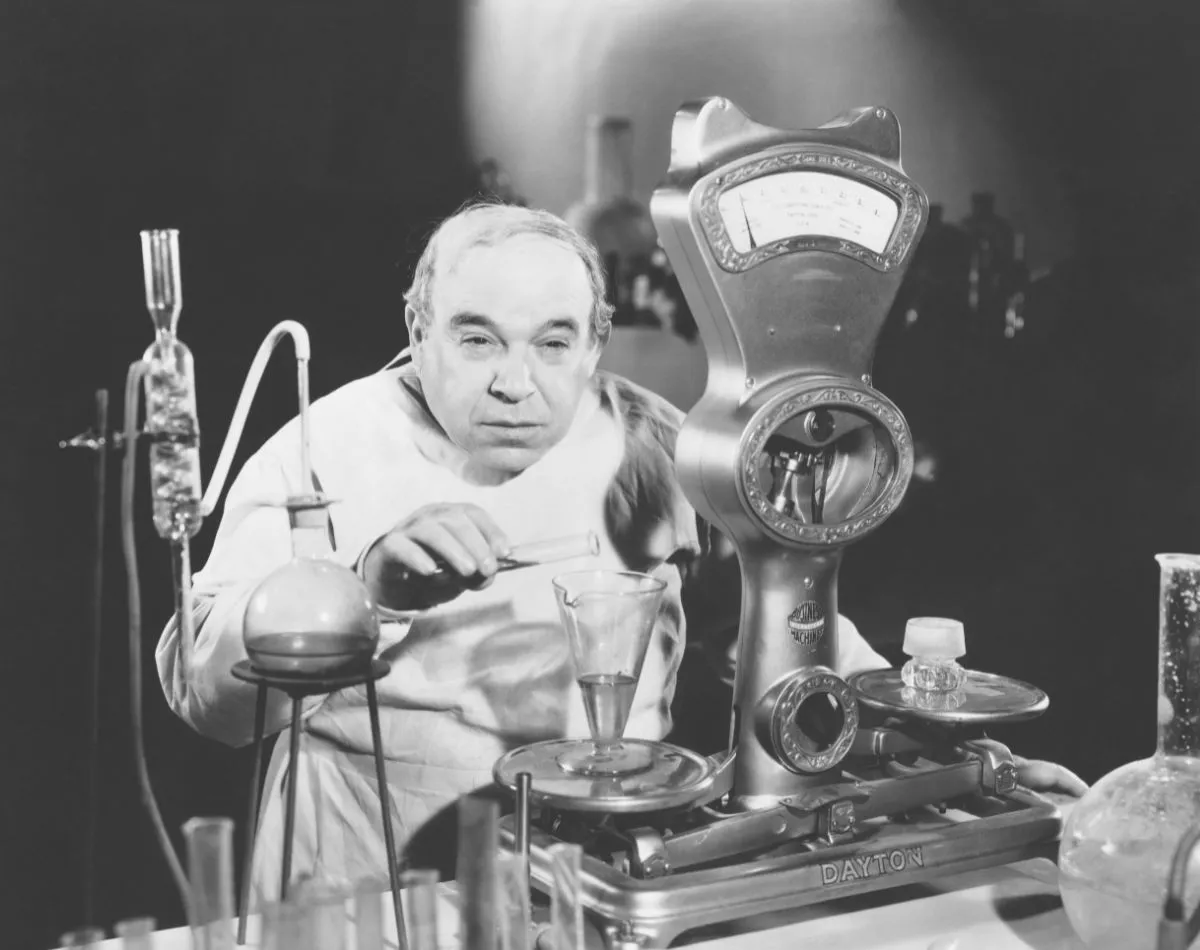
Measuring The Success Of Your Digital Marketing
It’s one thing researching, planning and creating an excellent digital marketing campaign for your business, but how do you know if it’s been effective? How do you measure the success of a marketing campaign?
Luckily, measuring the effectiveness of digital marketing campaigns is far easier than measuring the success of offline marketing, as there’s quantitive, trackable campaign information readily available.
In this post, we’ll go through a few methods that can help to measure success.
Identify Your Campaign Goals & Objectives
Before your campaign launches, you’ll need an idea of some unique campaign goals/ marketing objectives - what do you want this campaign to achieve? It’s important to set clear targets that are SMART (specific, measurable, achievable, realistic and time-bound). This means rather than choosing something generic like ‘increase website traffic’ try to narrow this down further to include the SMART attributes, for example, ‘increase website traffic to the product X page by 10% by Q2'.
Ensure You’re Tracking Everything Accurately
To accurately measure the effectiveness of your digital marketing campaign, you’ll need to be able to calculate interactions and conversion events that happen on your website and at other digital touchpoints, and then attribute them to your campaign.
Google Analytics
This means implementing a tracking platform and configuring it to track important events. 85% of marketers rely on website analytics and SEO tools for campaign tracking, and Google Analytics is the platform of choice for the majority of marketers. If properly configured, it gives you the ability to track everything from e-commerce sales to PDF downloads.
Here at Arise, our preferred choice is Google Analytics coupled with Google Tag Manager, giving us the ability to track a tremendous range of events on our client's sites. If you need help or advice getting tracking set up, contact our team of experts.
Use UTM Tracking Links
Once your analytics account is set up, you’ll want to use it to accurately identify any traffic from your digital marketing campaign and attribute any conversions to their sources. One effective way to do this is through UTM links.
UTM (Urchin Tracking Module) links are specific tracking parameters added to the end of URLs. Using UTM tracking links will give you the ability to pinpoint exactly where your traffic and potential conversions are coming from, right down to the specific ad that has driven a conversion. Here’s an example of a link with UTM parameters:
https://wearearise.com/?utm_source=facebook&utm_medium=social&utm_campaign=summer_sale&utm_content=ad_1
Here, you can see we’ve identified the source, medium, campaign name and ad using UTM parameters. Top Tip: there’s a helpful tool for building UTM links.
You can then create unique tracking links for each variation and use them across your campaign to be able to accurately attribute traffic and events and then measure these within your Google Analytics account.
Measuring Success with KPIs
It’s important to determine how you’re going to measure what a successful campaign looks like. So you’ve already identified your campaign goals and set up some tracking... now you need to identify some KPIs (key performance indicators) to measure these.
There are plenty of KPIs you could use, but it’s key to ensure the ones being focused on match your campaign’s objectives and target audience. We’ve outlined a few key ones below:
ROI (Return on Investment)
Return on investment is a particularly important measurement in digital marketing when measuring the success of any paid campaigns with a monetary return. If you invest money into a campaign, you’ll want to track what return you're getting and whether it’s worthwhile.
CPA (Cost Per Acquistion)
Calculating the cost per acquisition is especially relevant if the objective of your campaign is to acquire new customers. For this, take the number of customers you’ve acquired from the campaign and divide it by the cost.
Website Traffic
Ensure you have a start date noted before your campaign launches and measure any uplift in website traffic during or after your campaign. It’s important to measure the relevancy of this traffic too - other website-focused KPIs could include the bounce rate, average time on page, new vs. returning users or the overall website conversion rate.
Conversions/ Cost Per Conversion
A conversion doesn’t necessarily mean a sale. Conversions can include phone calls, emails, leads, content downloads, engagements or anything truly valuable for your business.
Measuring the overall conversions your campaign is achieving is vital. However, measuring conversions alone doesn’t tell the full story. Dig a little deeper into the cost per conversion and what this means for your business.
A car sales company could spend £100 on Google Ads generating 1 conversion. Then, a company selling stationery could also spend £100, generating 20 conversions. So for the car company, the cost per conversion would be £100, whereas the stationery company’s would be £5. But this doesn’t necessarily mean that the stationery company’s campaign was more successful!
Reach
Maybe your campaign isn’t focused purely on driving conversions. Some campaigns may be more awareness-based, here, it’d be a great idea to measure the reach of your campaign.
If you’re running a social media campaign, you’ll be able to see your reach within the individual channel analytics. However, for a more in-depth view of your social media performance, a tool such as Hootsuite is always a good idea.
Conclusion
So, you see that measuring the success of your digital marketing campaigns isn’t purely about the amount of money you’ve made. To accurately measure success, several key factors need to be in place.
Don’t forget though, that digital marketing isn’t always instant. Read our post about how long it takes to see results in your digital marketing.
If you're looking for any support with your digital marketing campaigns, tracking advice and implementation, or anything else digital, get in touch with us.